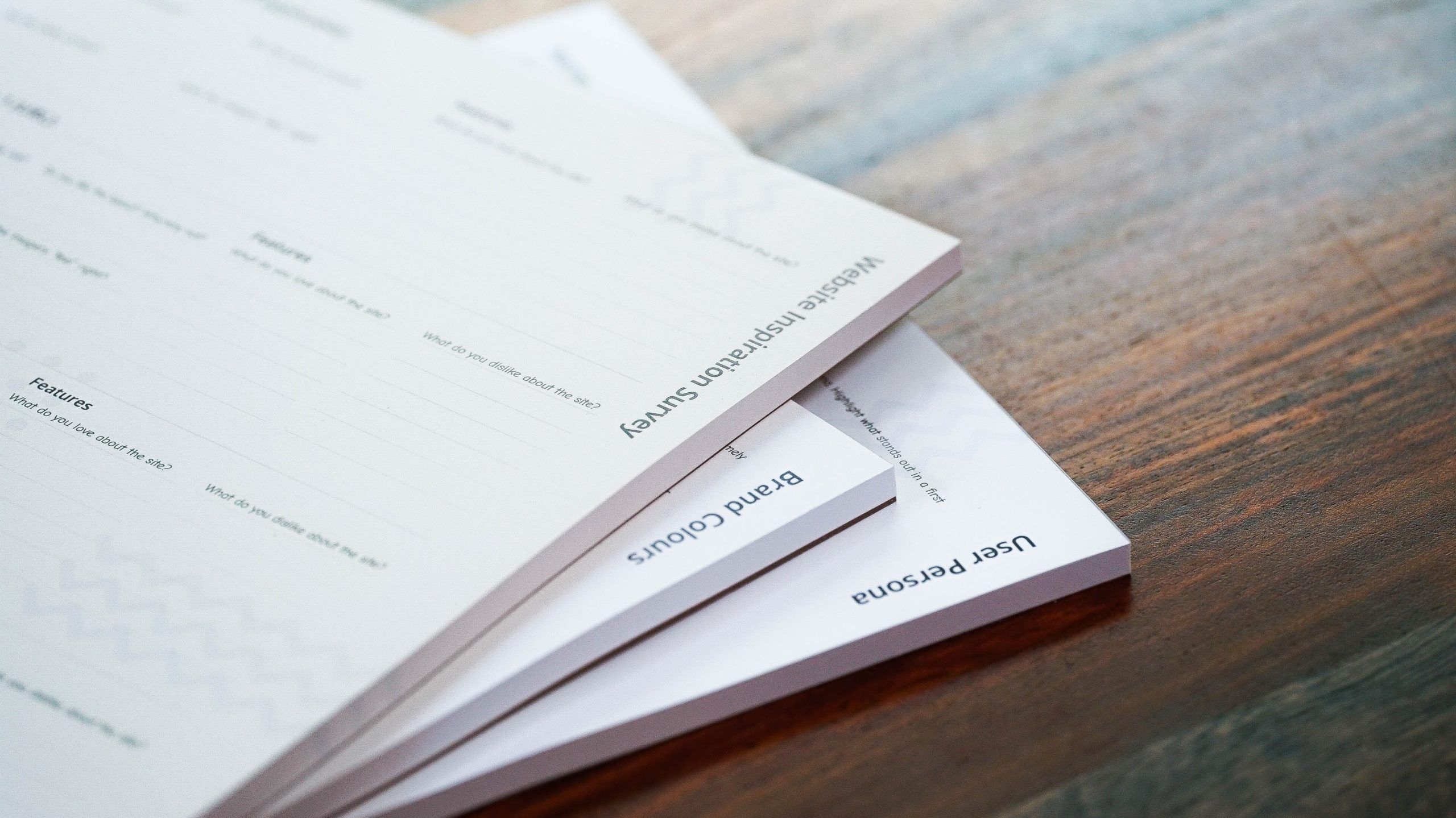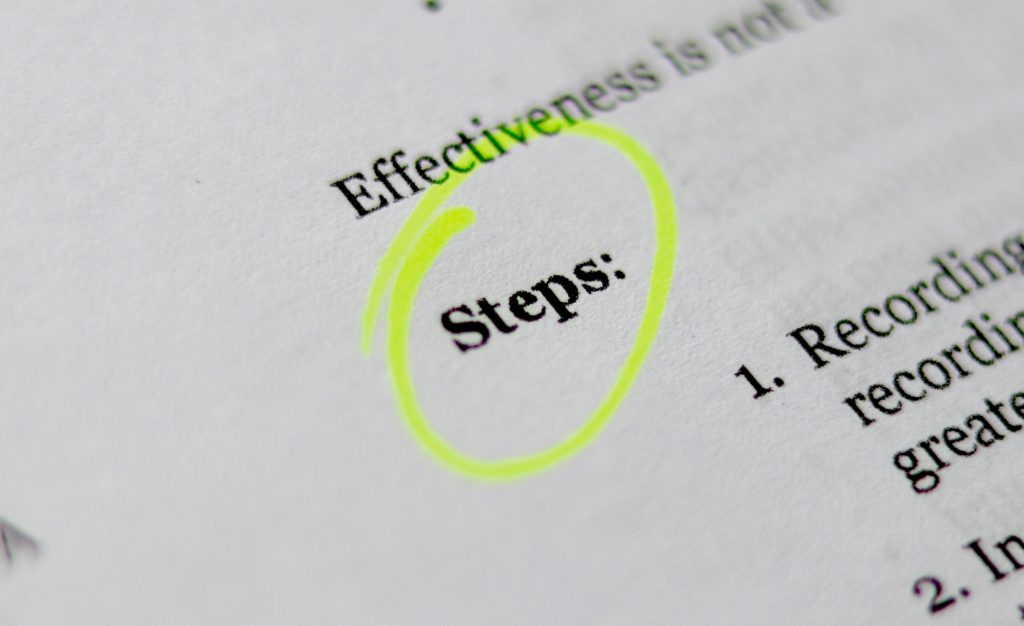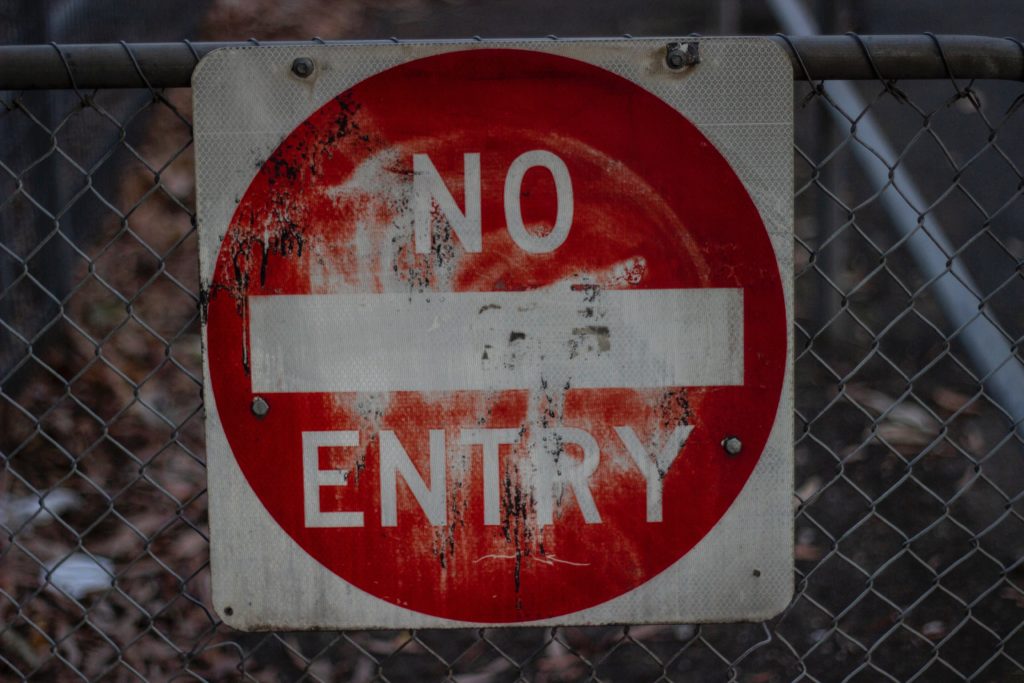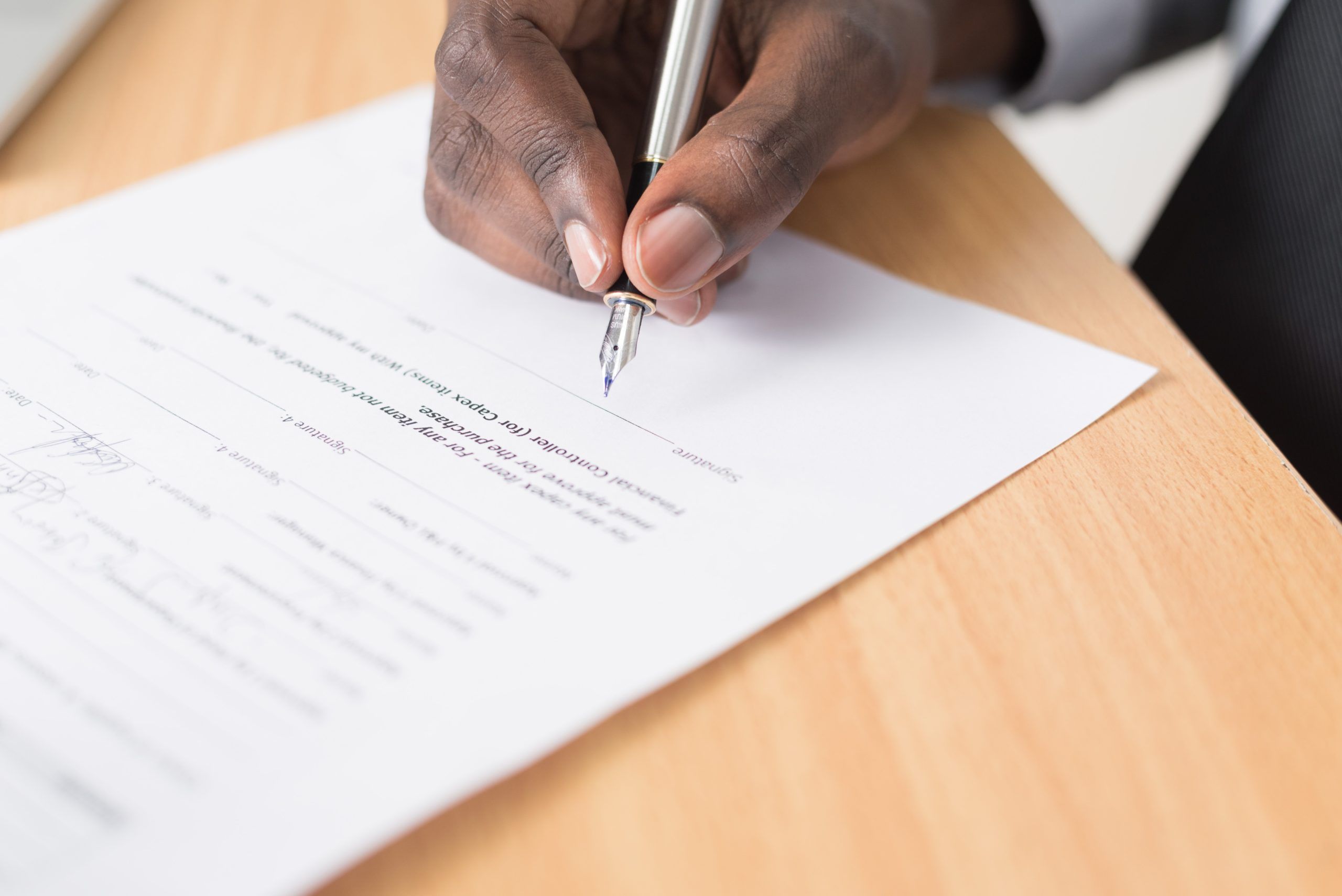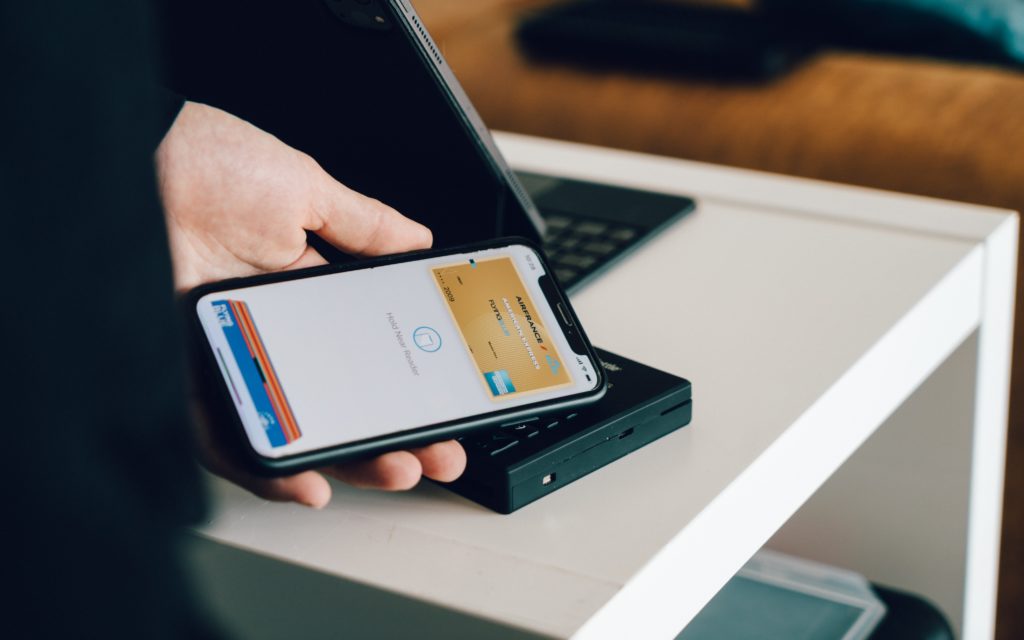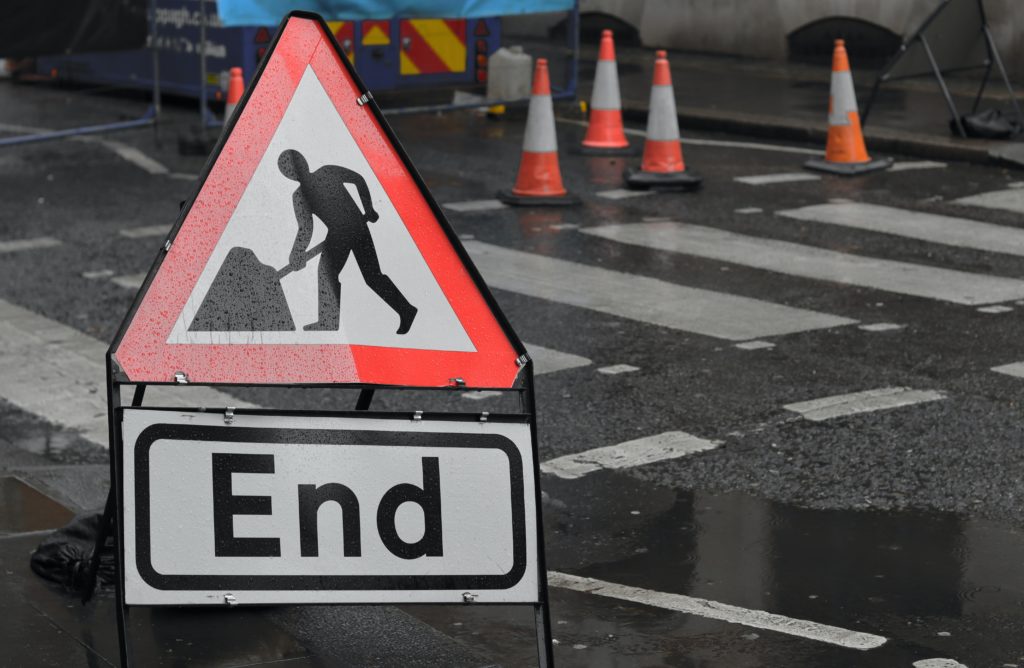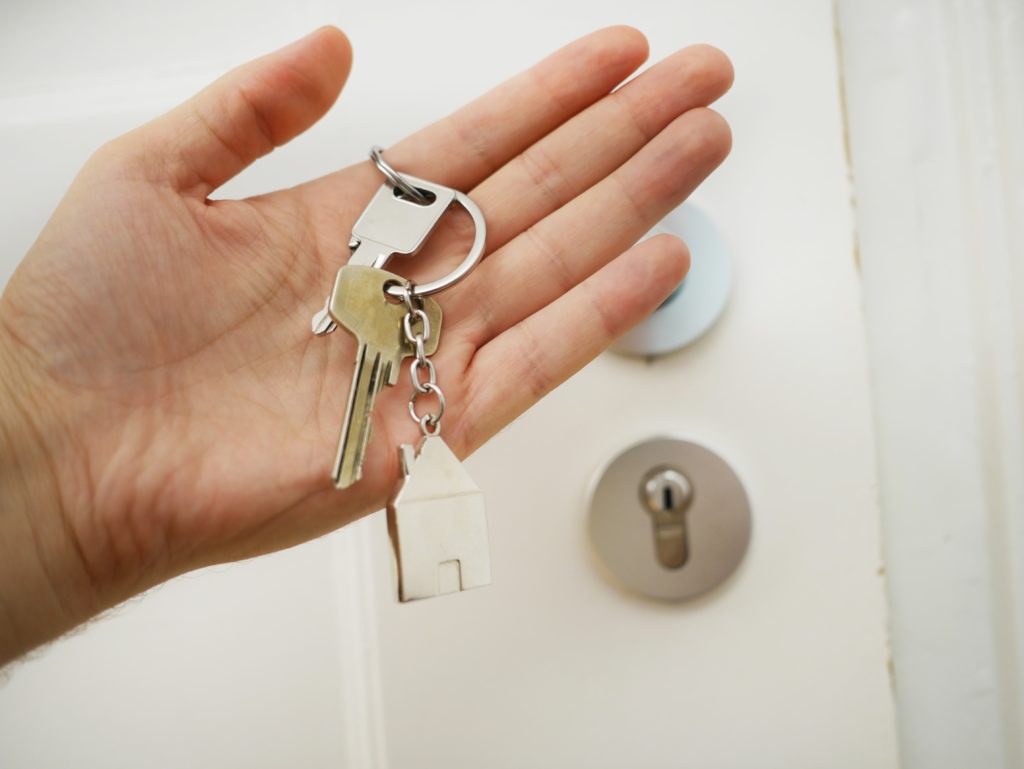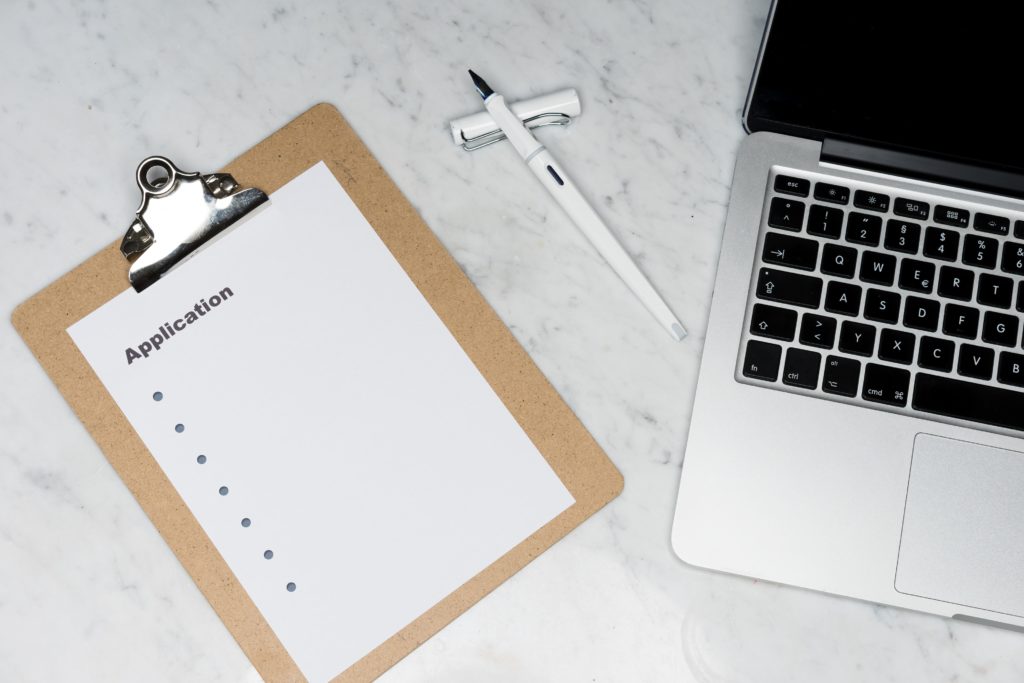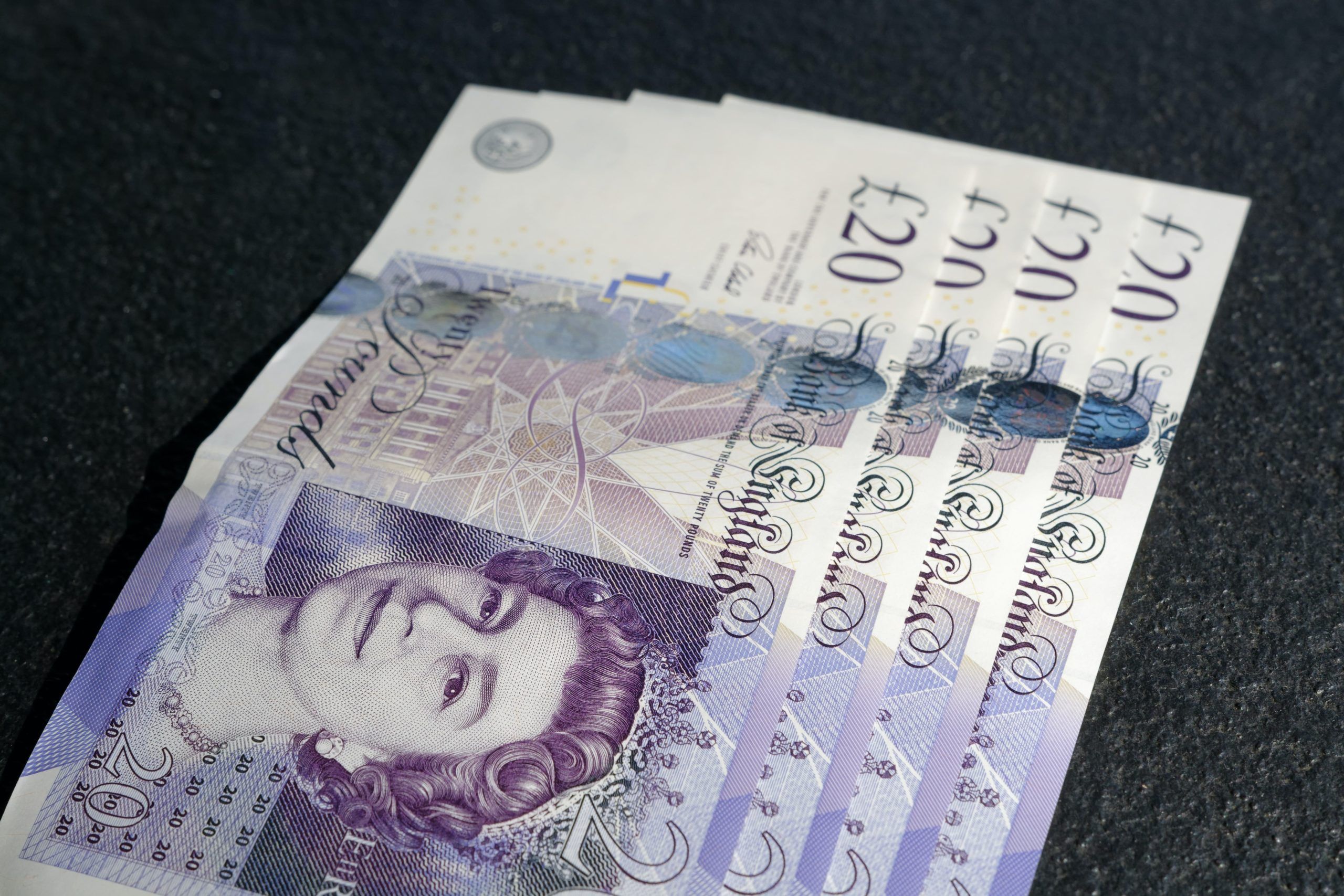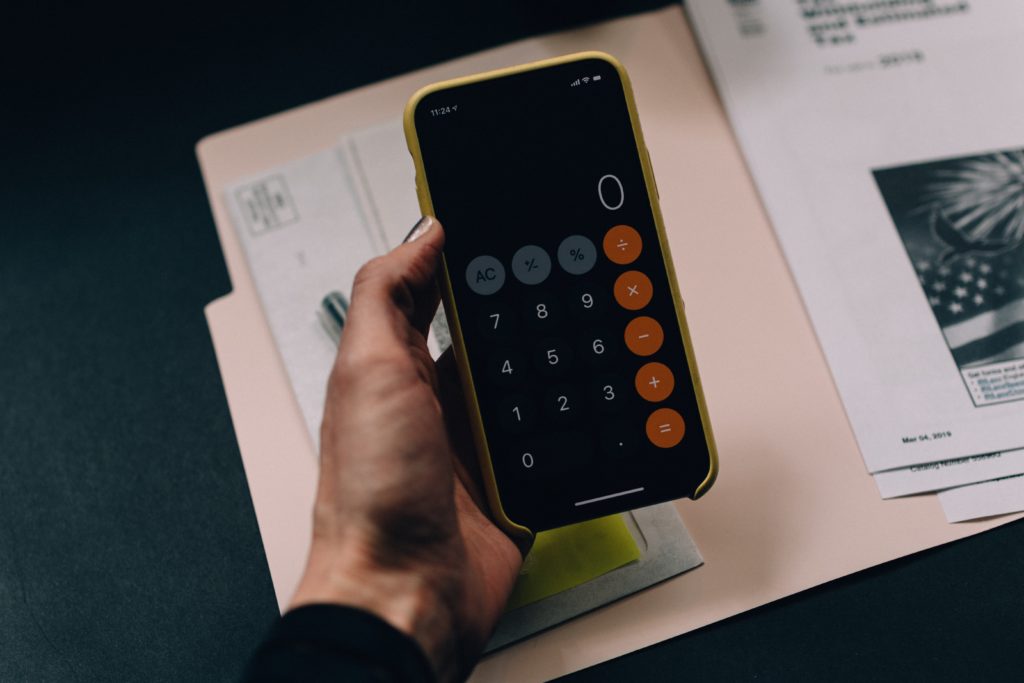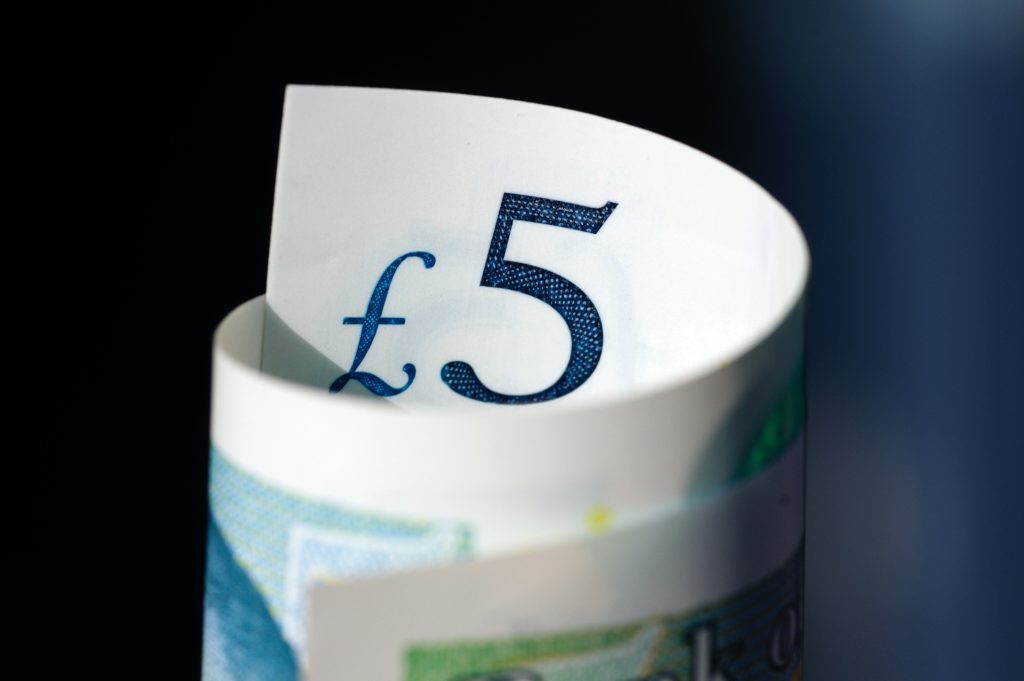9 IVA Myths That You Should Know About
Applying for an IVA can be the right solution to your debt problems, but it all depends on your specific circumstances. It is important that you fully understand the implications of an IVA when making your decision. There are a number of misconceptions about this debt management solution. Some of these are detailed below, along with some facts to help you to decide if an IVA is right for you.
1. You will not be able to open a bank account

Although you may need to make changes to your bank account, that doesn’t mean you cannot open one at all. If you owe money to your bank through loans or overdrafts, they have the right to take money directly from your current account to pay towards the debt. This is called the right to offset. If this is the case, you will need to open a new bank account so your budget is not interrupted by the bank taking money from your account.
When you open a new account, you may not be able to have an overdraft facility as that is a form of credit. This should be discussed with your Insolvency Practitioner.
2. You will be forced to remortgage your property
If you are a homeowner, depending on your circumstances and the level of equity in your home, towards the end of the IVA, you may be expected to attempt to release a portion of equity by way of a remortgage for the benefit of your creditors.
Upon considering an IVA, any obligations in respect of your property will first be explained and agreed with you before you enter into it. In many cases properties can be excluded from the terms of the arrangement where your circumstances demonstrate that your equity is either of a low value, or unlikely to be released by a remortgage.
In some cases where you are shown to have a significant level of equity, but a remortgage can not be achieved, creditors may agree to a longer IVA in lieu of this equity.
3. All creditors need to agree to the IVA proposal
When you put your application in, your Insolvency Practitioner will help you to write a proposal for your creditors, offering to pay a certain percentage of the debt and asking that the rest be written off. Your creditors will then decide whether they agree or not. But it’s a myth that all of them have to agree to the proposal for the IVA to go forward.
Your creditors are not obliged to vote on your IVA proposal. Of those that do vote, only 75%, by value, must agree to the IVA for it to be approved and legally binding on all of them.
4. You have to tell your employer about an IVA
You only need to tell your employer about your IVA if it is specified in your employment contract. Some jobs, especially those that involve money handling or management, require you to disclose an IVA. This includes things like accountants, bank tellers, and legal services. Otherwise, you are not required to tell them.
Details of your IVA will be on the public insolvency register, but your employer will only see this if they actively go and search for your name.
5. You can’t obtain credit during your IVA
It is a standard condition of an IVA that you cannot obtain credit above £500 without the permission of your Insolvency Practitioner (the Supervisor of your IVA).
Whilst subject to an IVA you are expected to live within a reasonable budget to ensure that you are able to pay your agreed IVA contribution. Therefore, you should think carefully before obtaining credit of any value as any subsequent repayments of this credit need to be affordable and within your budget. Credit obtained after the approval of your IVA will not be bound by the IVA and you will be responsible for repaying it separately.
If you feel you need to apply for credit of a value above £500, it is important that you seek the consent of the IVA Supervisor before doing so.
6. An IVA will always be on your credit report
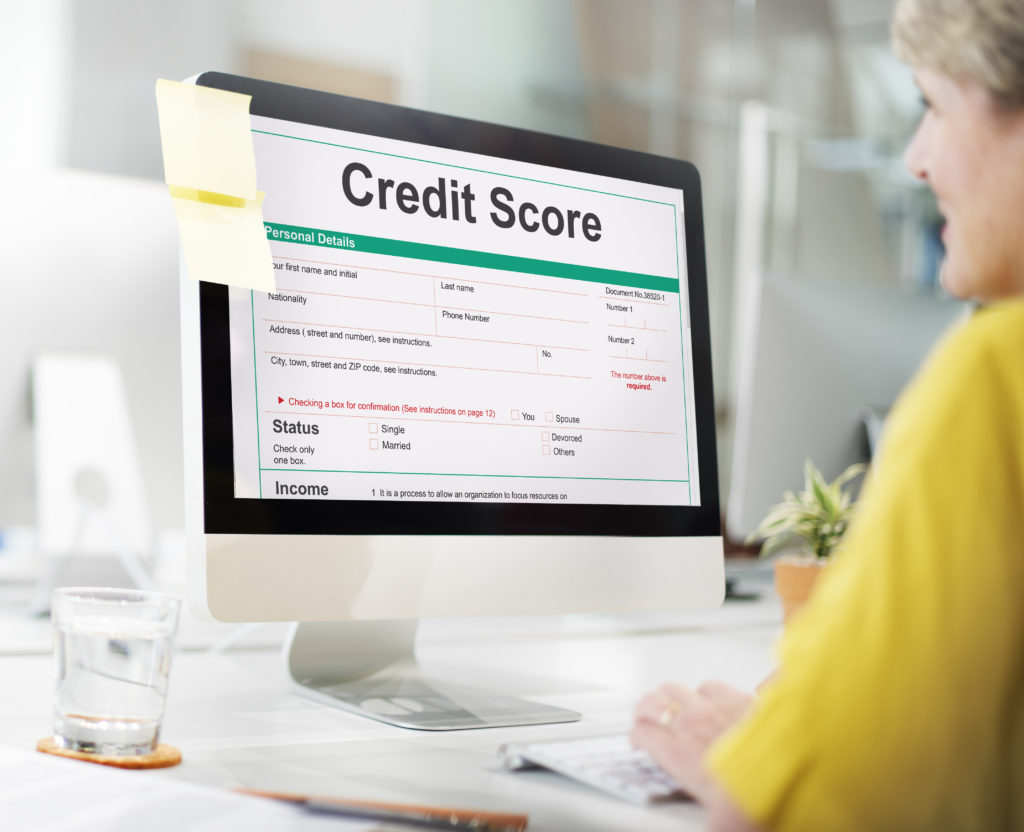
One of the reasons that people are cautious about entering into an IVA is that they think it will be on their credit reports forever and they won’t be able to borrow money in the future. It is true that an IVA is reported on your credit file, but it only stays on your report for 6 years from the date of approval; after that, it will be removed.
7. Your IVA will fail if you miss a payment
It is important to make regular payments into your IVA, in line with the agreement. But it is a myth that your IVA will automatically fail if you miss one payment. If you are struggling to make the payments, you can speak with your Insolvency Practitioner who can work with you, and if appropriate approve a payment break. This gives you some breathing space to help you fix your financial situation. Typically if you become in arrears with your payments to the equivalent of three months (not including agreed payment breaks), this will be classed as a breach of the terms of the agreement, and your IVA is at risk of failure. Always talk to your IVA provider if you are struggling to make payment.
8. Not all interest charges or fees are frozen
Interest charges and fees make it far more difficult to get out of debt. One of the benefits of a formal arrangement such as an IVA is that interest charges and fees on your debts are frozen. Your creditors reserve the right to re-apply any owed interest and charges back to the debts owed if for any reason, your IVA fails. Once the IVA completes all outstanding balances will be written off.
9. You cannot save money with an IVA
When you take out an IVA, you will work with an IVA provider to produce a budget based on your income and expenditure. Your creditors expect you to offer all of your monthly disposable income towards the IVA. It may be difficult to put any money into savings at that point in time.
If your situation changes for the better during the IVA, one of the key principles of the arrangement is that both you and the creditors feel the benefit of this improvement, so you would get to keep half of any increase in disposable income. You’re free to utilise these funds as you see fit.
Need more IVA advice? Contact us today
If you want more information about the specifics of an IVA, or some advice about whether it is the right option for you, Swift Debt Help can give you some guidance.
Fill out the contact form, email us, or give us a call and a member of our expert team will give you the advice that you need.
Request a Debt Assessment
May not be suitable in all circumstances, Fees may apply, your credit rating may be affected.
Disclaimer: For guidance only. Financial information entered must be accurate and would require verification. Other factors will influence your most suitable debt solution.
